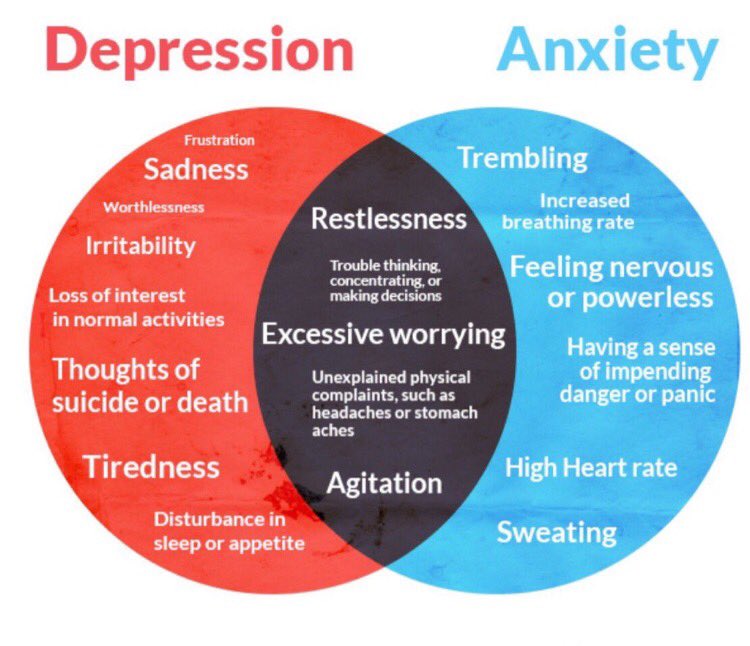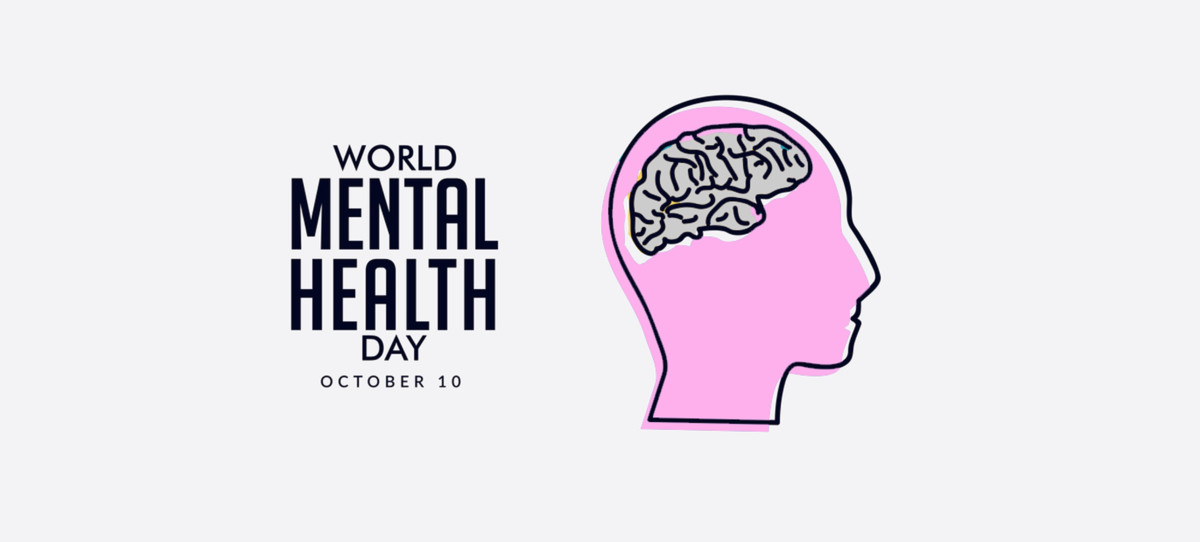It’s World Mental Health Day 2017, and it’s time to talk and educate people about what it is, how it affects people differently, and why it’s so important to rid mental health of it’s stigma.
I have to start by saying that frankly, mental health is a taboo subject. I write about my own mental health, my anxiety and my panic disorder on this blog, but I rarely talk about it out loud.
You wouldn’t guess that I have anxiety or panic disorder: I don’t openly talk about it, I don’t look like I have a problem and I hide it well.
But that’s just it. You could walk past hundreds of people, each day, who suffer from various mental health issues, and you wouldn’t know it. It’s hidden. It’s not visible.
That’s why it’s been so easy to ignore it.
Now look at these statistics:
615 million people worldwide suffer from anxiety or depression.
One in four people in the world will be affected by mental or neurological disorders at some point in their lives.
Every year in the UK 70 million workdays are lost due to mental illness, including anxiety, depression and stress related conditions. This means mental illness is the leading cause of sickness and absence from work. *
So why, with so many people clearly affected, is it so taboo?
There are many reasons. People simply don’t understand mental health issues if they’re not personally affected, it can be made a joke of, you feel that people will see you differently – and won’t be given as many opportunities because of it.
And finally, admitting out loud that you have a problem feels kind of like you’re declaring you’re weak.
I know that I’m ashamed of it. I feel like it hinders my everyday life and I spend half my time convincing everyone else that it doesn’t. I don’t feel like I have an illness, I just think it’s part of my life which I’ve come to accept and deal with on my own terms.

The worst thing is that no one asks to be affected by mental illness. No one wants it. You just kind of wake up one day and it’s there: placed upon you like a curse. And it’s so so hard to control or overcome.
I never thought 4 years ago that doing normal things would suddenly become a real challenge. I didn’t think my body would physically stop me from entering a tube station (legs turning to jelly entirely subconsciously); that walking down the street I’d suddenly not able to breathe and have heart palpitations; that I’d feel claustrophobic… outside.
I never thought I’d fear I’m genuinely dying on a semi-regular basis.
[Read: Me and my Panic Attacks]
“Admitting out loud that you have a problem
feels kind of like you’re declaring you’re weak.”
I heard someone joke the other day. how, ‘everyone has a mental illness nowadays, it’s actually ridiculous, using up our health services cause they feel down. It’s becoming a trend…’
And instead of feeling angry or wanting to stand up for myself, like I would for any other social issue, I just kept my mouth shut and felt ashamed.
It’s infuriating because these are very real feelings. It’s infuriating because suicide is the leading cause of death in 20-34 year olds in the UK. It’s infuriating because if we just felt more comfortable to talk about things, it wouldn’t be this way.
We’re still in the dark ages with mental health. We need to stop the false divide between physical and mental health and start acting on it. Supporting and understanding.
So make the first step today: if you are feeling like you’re struggling, get it out. Talk to someone close, visit your doctor and seek counselling. If you know someone with anxiety, you can help by simply being kind and there for them.
And, for the record, you are not weak because you have a mental illness. You are braver than you believe, stronger than you seem, and smarter than you think.

* Statistics from the Mental Health Foundation


